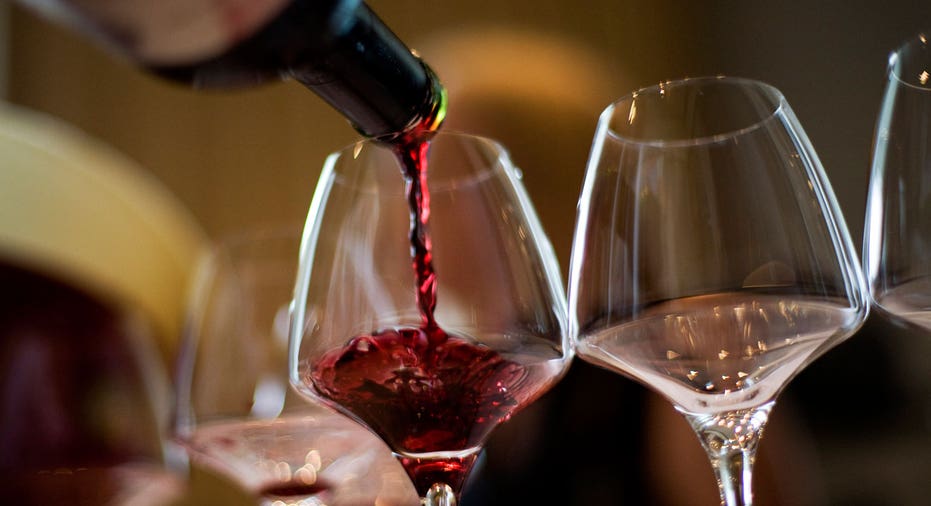Tech Employees Investing in Nightlife

As technology IPO and M&A volume approaches boom days, startup employees are finding themselves flush with cash. And while many young techies are spending their money on nightlife, others are taking it a step further, by buying their own stake in restaurants and bars.
“You have this additional disposable income as a result of having some decent exits and with that money there’s only so many places that you can put it,” says Yoway Buorn, who after his previous employer BladeLogic was sold for $800 million, opted to invest in hospitality instead of real estate.
Buorn has a stake in cocktail bar OddJob and spirit brand Distroya. He has also invested alongside Uber co-founder Garrett Camp in a San Francisco-based music venue Public Works.
“I am in a much better position than I would if I was actually playing the stock market,” Buorn says of his returns.
Some of the tech-invested watering holes are springing up in the mid-market neighborhood, a newly revitalized area and home to Twitter (NYSE:TWTR), Uber and Square. One of the local hotspots is Alta, a restaurant and bar whose investors include Exitround CEO Jacob Mullins and former Twitter director Ryan Sarver.
Mullins, who often likes to grab a drink with industry peers at the restaurant, takes pride that he’s been involved in developing a gathering place for the startup community.
“Alta CA is providing a physical place for many in tech to slow down for a minute,” he says, adding that it’s especially tech-friendly because “there are power-plugs spaced every three feet around the restaurant and bar, so you can equally recharge your devices as your recharge yourself.”
And then you have tech employees who have left the industry altogether to focus more energy on their hospitality investments, such as Doug Dalton, an early Netscape employee.
Dalton has six cocktail lounges in San Francisco and a mixology store, Cask. After one of his employers was sold to Estee Lauder in New York, he was inspired to bring a similar nightlife experience to San Francisco. Dalton says he “felt like it was contributing to San Francisco in a different way and really enjoyed being a part of that growth.”
He has also launched a startup for bar management called Bartelligence after having numerous tech friends ask for advice in launching their own pubs.
And it’s not just tech employees making these bets, venture firms have invested $152 million in food and beverage companies over the past five years, according to NVCA data. A “major venture capital firm just came to me and asked if they could participate” in Cask, Dalton says.
Hanson Li, founder and managing partner of Salt Partners Group, a restaurant investment company, says that many of his co-investors are in venture capital or employed in the technology industry.
“In their heart, they are risk-taking entrepreneurs and tech people are drawn to that," Li says.
Li also says that unlike other regions, where you often see just one or two people backing a restaurant concept, the tech investors are inspired by the venture capital model, and there tends to be a “group of people spreading the risk around.”
Overall, the San Francisco food and beverage industry is booming with Gwyneth Borden, executive director at the Golden Gate Restaurant Association calling 2014 a “record year for new restaurant openings” in the region.
“People in the community have disposable income,” she says, and they like “having a place to call their own.”



















